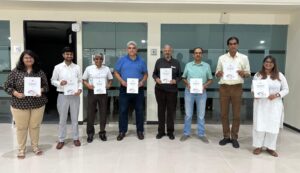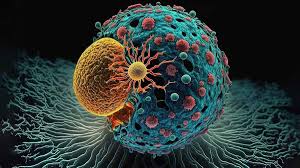Mumbai reports first case of Zika Virus

August 24, 2023
Pune: The first case of the Zika virus has been reported in Mumbai. A 79-year-old man tested positive for the virus in the M-West ward near Chembur. As per the information provided, he has been experiencing symptoms such as fever, runny nose, and cough since July 19, but has recovered after treatment and was discharged.
As per the information received, the BMC has tested those who came in contact with him, but no other cases have been found. The Zika virus is primarily spread by mosquitoes and was first identified in Uganda’s Zika Forest in 1947. It was not considered deadly for many years until an outbreak occurred in 2015, particularly in Brazil, which gained global attention.
As per the sources, the virus can cause a rare birth defect in which a baby’s head is smaller than expected and is associated with brain development issues. The Zika virus is mainly transmitted to humans through bites from Aedes mosquitoes, specifically Aedes aegypti. It can also be transmitted from an infected mother to her baby through blood transfusions.
Symptoms of Zika virus infection are often mild, and some people may not experience any symptoms at all. Common symptoms include fever, rashes, joint pain, muscle aches, headaches, and red eyes. These symptoms typically appear within two to seven days after infection and can last for several days to a week.
While Zika virus infection is usually mild, it can have serious consequences for pregnant women and their babies. Infection during pregnancy can lead to congenital defects such as microcephaly and other neurological disorders in the baby. To prevent Zika virus infection, it is important to protect yourself from mosquitoes by using repellent, wearing long-sleeved clothing, and staying in air-conditioned or well-lit areas. Blood tests and screenings can also help avoid the risk of infection. There are currently no specific antiviral treatments for Zika virus infection. Doctors have recommended rest, staying hydrated, and closely monitoring pregnant women who have been infected to assess any birth defects.







